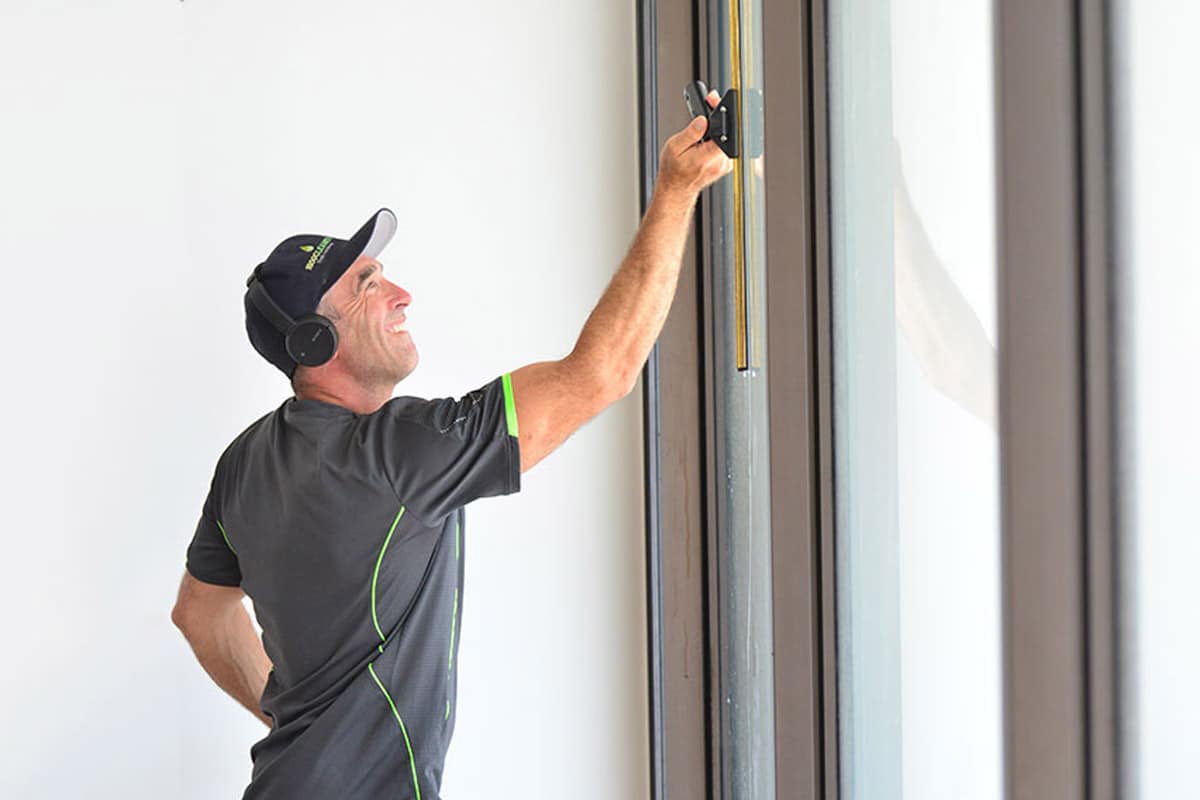Allergies and what to do? Michael Sweet Interview.
Some sufferers of allergies know it, and others do not. Symptoms can be severe for some and subtle in others. The general thing is that the sufferer will have an allergic reaction to something external to their body. Generally, the irritant is something microscopic in the environment and often something in their food. This interview touches on environmental-oriented allergies specific to dust.
In general, dust allergies are one of the most common allergies. Even a non-allergic person will, over time, suffer from the harmful effects of high levels of house dust. And the thing is that it is challenging to manage and control household dust. That’s because the really fine dust tends to float when we clean with traditional methods.
This interview with the founder of 1800 CLEANER describes how he built the business and discovered the nature of how and why fine particle dust floats. It touches on how he painstakingly experimented and eventually invented a scientific cleaning system that removes the vast majority of dust. This ensures that sufferers’ symptoms are eased in most cases and completely eradicated in others. This system is shared to benefit allergy sufferers and those who love them. Whilst the business 1800 CLEANER can get rid of the majority of dust for its customers in one single day, the founder shares articles and information on this site that any household can use to reduce their own dust levels in their home over time for their own benefit and the benefit of their loved ones.
The first step is knowledge.





Leave a Reply
Want to join the discussion?Feel free to contribute!